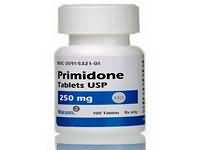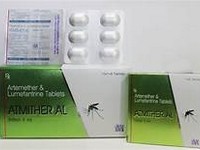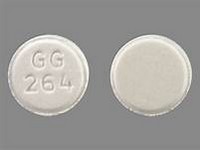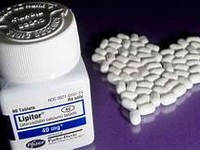primidone

CLINICAL USE
Anti-epileptic agent Also used for essential tremor
DOSE IN NORMAL RENAL FUNCTION
Epilepsy: 500 mg–1.5 g daily in 2 divided dosesEssential tremor: 62.5–750 mg daily
PHARMACOKINETICS
Molecular weight :218.3 %Protein binding :20 %Excreted unchanged in urine : 40 Volume of distribution (L/kg) :0.4–1half-life – normal/ESRD (hrs) :10–15/Unchanged DOSE IN RENAL IMPAIRMENT
GFR (mL/MIN)
20 to 50 : Dose as in normal renal function 10 to 20 : Dose as in normal renal function, but avoid very large doses <10 : Reduce dose by 25–50% initially, and avoid very large single doses DOSE IN PATIENTS UNDERGOING RENAL REPLACEMENT THERAPIES
CAPD :Unknown dialysability. Dose as in GFR <10 mL/min HD :Dialysed. Dose as in GFR <10 : mL/minHDF/high flux :Dialysed. Dose as in GFR <10 : mL/minCAV/VVHD :Dialysed. Dose as in GFR=10–20 mL/min IMPORTANT DRUG INTERACTIONS
Potentially hazardous interactions with other drugsAntibacterials: reduced concentrations of chloramphenicol, doxycycline, metronidazole and telithromycinAnticoagulants: increased metabolism of coumarins (reduced effect)Antidepressants: antagonise anticonvulsant effect; reduces concentration of paroxetine, mianserin and tricyclics; St John’s wort reduces active primidone metabolite concentration – avoid concomitant useAnti-epileptics: reduces concentration of carbamazepine; carbamazepine reduces primidone concentration but increases metabolite concentration; possibly reduces concentration of ethosuximide; reduces concentration of lamotrigine and tiagabine; primidone concentration possibly reduced by phenytoin, but active metabolite increased and concentration of phenytoin may be altered; primidone concentration possibly increased by valproate, valproate concentration reduced; concentration of primidone possibly reduced by vigabatrin Antifungals: possibly reduces concentration of posaconazole and voriconazole – avoid concomitant use; reduces absorption of griseofulvin (reduced effect)Antimalarials: possibly increased risk of convulsions with chloroquine and hydroxychloroquine; anticonvulsant effect antagonised by mefloquineAntipsychotics: anticonvulsant effect antagonised; metabolism of haloperidol accelerated; possibly reduces aripiprazole concentration – increase aripiprazole doseAntivirals: concentration of indinavir, lopinavir, nelfinavir and saquinavir possibly reduced Calcium-channel blockers: effect of felodipine, isradipine and probably other dihydropyridines, diltiazem and verapamil reducedCiclosporin: reduces ciclosporin blood levelsCorticosteroids: metabolism of corticosteroids accelerated, reduced effectOestrogens and progestogens: metabolism accelerated, reduced contraceptive effect ADMINISTRATION
Reconstition
– Route
Oral Rate of Administration
–Comments
–.PriMidonE 605 OTHER INFORMATION
Plasma concentrations of 5–12 mcg/L (23– 55 µmol/L) have been loosely correlated with optimum responsePartially converted to phenobarbital and phenylethylmalonamide with long half-lives (metabolites may accumulate in renal impairment)May cause excessive sedation and osteomalacia.
See how to identify renal failure stages according to GFR calculation
See how to diagnose irreversible renal disease
Home









